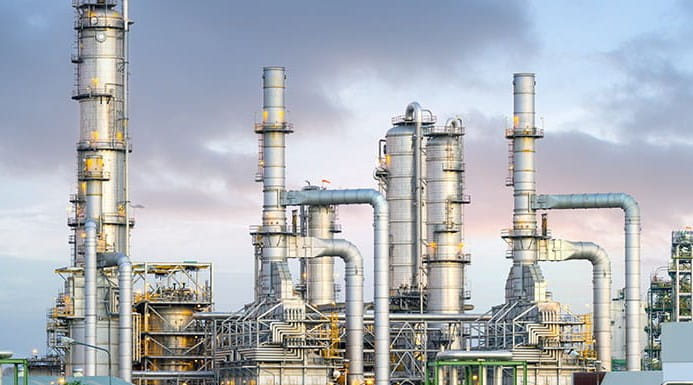More and more small businesses want to be part of the race to net zero – but measuring and reporting emissions remains challenging. The Federation of Small Businesses estimates that 69% do not know how to measure their emissions in the first place, and even for those that do, there isn’t a standard for SMEs to follow when reporting emissions.
A new collaborative programme – Perseus – is looking to address that issue head on by automating greenhouse gas reporting for SMEs. In doing so it hopes to make the race to net zero easier, faster, and more rewarding for small businesses.
The aim is that Perseus will create the underlying data infrastructure to enable cross-industry sharing of data about greenhouse gas emissions received directly from energy companies to unlock access to capital. Better data about greenhouse gas emission may then help banks to formulate financial incentives such as lower interest rates, better manage climate risk and audit on their loan books and make energy efficiency more rewarding for small businesses.
In its first phase, Perseus will automate access to energy data on business customers through a trusted process, based on open banking, that will provide a scalable data-sharing infrastructure with financial-grade security. Businesses will be able to maintain control over their data. For banks, data quality will be assured because it will be received directly from energy companies.
Perseus is run by the not-for-profit Icebreaker One and Bankers for Net Zero (B4NZ), the UK chapter of the UN’s Net-Zero Banking Alliance. ICAEW is one of a number of public and private sector organisations that will sit on a steering group, which also includes the Federation of Small Businesses, TheCityUK, Innovate UK, We Mean Business Coalition, the Department for Business, Energy and Industrial Strategy, the Institute of Directors and UK Finance. OECD is an observer.
Michael Izza, ICAEW Chief Executive, says: “The finance sector has a pivotal role to play in getting carbon out of the UK economy. SMEs represent 95% of British businesses and although they generally recognise the importance of decarbonisation, most of them are only starting on their journey to net zero. Economic conditions for SMEs are extremely difficult right now, and the cost of transition is a major barrier. Access to finance is part of the solution.
“Measurement must be at the heart of how businesses plan and manage their transition to net zero. Perseus will automate greenhouse gas reporting for SMEs, and we believe that could make a real difference to the pace and scale of decarbonisation over the next few years. ICAEW is proud to be involved in this initiative.”
The steering group is working in partnership with B4NZ and Icebreaker One to deliver a demonstrator by COP28 in December. Now, the project is looking for more small businesses to participate by joining an advisory group, to shape its plans. Businesses must register their interest by 31 March.
In the absence of specific standards, SME responses to environmental regulation have been ad hoc, uncoordinated, and disconnected from emerging ESG standards, B4NZ warns. Smaller businesses are responsible for nearly 50% of all greenhouse gas emissions emitted by all UK businesses, according to research by the British Business Bank. The research also found that just 3% of smaller businesses surveyed say they have measured their carbon footprint in the past five years and subsequently set an emissions reduction target.
Join our sustainability community
Join professionals with a collective ambition to deliver a #sustainable world. Membership of our Sustainability and Climate Change Community is free and open to everyone.




